
钛合金 “温柔浴”:CNC 专用清洗机的无损伤去污智慧
作者:创始人来源:http://www.qifabao.net/时间:2025-07-03
在精密加工领域,钛合金零件以其高强度、轻量化的特性备受青睐,但也因其表面敏感、易受损伤的特点,对清洗过程提出了近乎苛刻的要求。CNC 钛合金专用清洗机的无损伤去污方案,就像为钛合金零件定制的 “温柔浴”,在彻底清除油污、碎屑的同时,小心翼翼地呵护着零件的精度与表面完整性,其中藏着一套精妙的技术逻辑。
In the field of precision machining, titanium alloy parts are highly favored for their high strength and lightweight characteristics. However, due to their surface sensitivity and susceptibility to damage, they also impose almost stringent requirements on the cleaning process. The non-destructive cleaning solution of CNC titanium alloy specialized cleaning machine is like a "gentle bath" customized for titanium alloy parts. While thoroughly removing oil stains and debris, it carefully cares for the accuracy and surface integrity of the parts, hiding a sophisticated technical logic.
清洗介质的选择是无损伤去污的第一道防线。传统清洗常用的强碱、强酸类清洗剂,虽然去污力强,却可能对钛合金表面造成腐蚀,形成肉眼难见的麻点或氧化层。因此,专用清洗机多采用中性或弱碱性的环保清洗剂,这类清洗剂的 pH 值通常控制在 6-8 之间,既能通过表面活性成分分解油污,又不会与钛合金发生化学反应。部分清洗剂还会添加缓蚀剂,就像给钛合金零件穿上一层 “隐形防护衣”,在清洗过程中主动吸附在零件表面,隔绝清洗剂与金属的直接接触,进一步降低腐蚀风险。对于 CNC 加工后残留的极细切削液、乳化液,清洗剂中还会加入特定的乳化剂,将油脂类污渍乳化成微小颗粒,使其更容易被水带走,实现高效去污与无损伤的平衡。
The selection of cleaning media is the first line of defense for non-destructive decontamination. The strong alkali and acid cleaning agents commonly used in traditional cleaning, although having strong cleaning power, may cause corrosion to the surface of titanium alloys, forming hard to see spots or oxide layers. Therefore, specialized cleaning machines often use neutral or weakly alkaline environmentally friendly cleaning agents, whose pH value is usually controlled between 6-8. These cleaning agents can decompose oil stains through surface active ingredients without undergoing chemical reactions with titanium alloys. Some cleaning agents also add corrosion inhibitors, just like putting a layer of "invisible protective clothing" on titanium alloy parts, which actively adsorbs on the surface of the parts during the cleaning process, isolating the cleaning agent from direct contact with the metal and further reducing the risk of corrosion. For the residual ultra-fine cutting fluid and emulsion after CNC machining, specific emulsifiers are also added to the cleaning agent to emulsify grease stains into small particles, making them easier to be carried away by water, achieving a balance between efficient cleaning and no damage.
清洗工艺的参数控制是方案的核心智慧。CNC 钛合金专用清洗机的清洗压力需要精准调控,过高的压力可能冲击零件表面,导致棱角磨损或表面粗糙度增加;过低则难以清除深孔、盲孔内的顽固污渍。通常会根据零件的结构复杂度和表面精度要求,将压力设定在 0.3-1.5MPa 之间,对于带有精密纹路或薄壁的零件,甚至会采用更低的压力配合多次清洗。清洗温度的控制同样关键,温度过高可能导致钛合金表面氧化变色,过低则会降低清洗剂的活性。一般将温度控制在 40-60℃,这个区间既能保证清洗剂的去污效率,又能避免对钛合金的热损伤。此外,清洗时间也需严格把控,通过预设程序确保零件在清洗剂中浸泡和冲洗的时间恰到好处,既不会因时间过短导致去污不彻底,也不会因时间过长增加损伤风险。
The parameter control of the cleaning process is the core wisdom of the solution. The cleaning pressure of the CNC titanium alloy specialized cleaning machine needs to be precisely regulated. Excessive pressure may impact the surface of the parts, resulting in angular wear or increased surface roughness; If it is too low, it is difficult to remove stubborn stains in deep holes and blind holes. Usually, the pressure is set between 0.3-1.5MPa based on the structural complexity and surface accuracy requirements of the parts. For parts with precision patterns or thin walls, even lower pressure is used for multiple cleaning cycles. The control of cleaning temperature is also crucial. If the temperature is too high, it may cause oxidation and discoloration of the titanium alloy surface, while if it is too low, it will reduce the activity of the cleaning agent. Generally, the temperature is controlled between 40-60 ℃, which can ensure the cleaning efficiency of the cleaning agent and avoid thermal damage to the titanium alloy. In addition, the cleaning time also needs to be strictly controlled, ensuring that the parts are soaked and rinsed in the cleaning agent for the right amount of time through pre-set procedures. This will not result in incomplete cleaning due to too short a time, nor will it increase the risk of damage due to too long a time.
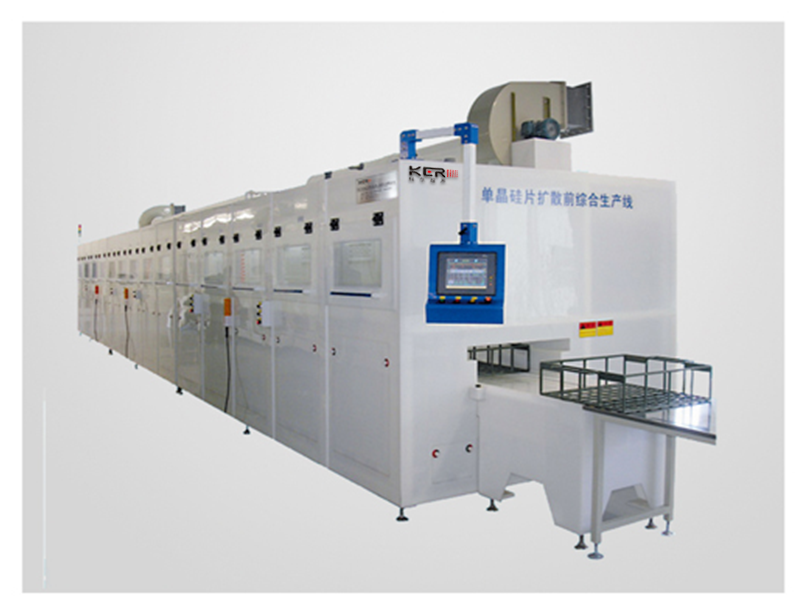
多阶段清洗流程的设计为无损伤去污再加一层保障。整个清洗过程通常分为预清洗、主清洗、漂洗和干燥四个阶段。预清洗阶段采用高压喷淋的方式,先去除零件表面附着的大块碎屑和浮油,减少主清洗阶段的污渍负荷;主清洗阶段则结合浸泡、喷淋和超声波清洗,超声波的高频振动能深入零件的微小缝隙和复杂型腔,将藏匿其中的油污和细小组屑震落,而超声波的功率会根据零件材质和结构进行调整,避免因功率过大产生空化效应损伤表面;漂洗阶段使用经过净化的纯水,彻底冲净零件表面残留的清洗剂,防止清洗剂残留形成新的污渍;最后进入干燥阶段,采用低温热风循环或真空干燥技术,在不损伤零件的前提下快速去除水分,避免水渍残留影响表面精度。
The design of multi-stage cleaning process is to achieve non-destructive cleaning with an additional layer of assurance. The entire cleaning process is usually divided into four stages: pre cleaning, main cleaning, rinsing, and drying. During the pre cleaning stage, high-pressure spraying is used to remove large debris and floating oil adhering to the surface of the parts, reducing the stain load during the main cleaning stage; The main cleaning stage combines soaking, spraying, and ultrasonic cleaning. The high-frequency vibration of ultrasonic waves can penetrate into the small gaps and complex cavities of parts, shaking off hidden oil stains and small debris. The power of ultrasonic waves will be adjusted according to the material and structure of the parts to avoid surface damage caused by cavitation effects due to excessive power; During the rinsing stage, purified pure water is used to thoroughly rinse off any residual cleaning agents on the surface of the parts, preventing the formation of new stains due to residual cleaning agents; Finally entering the drying stage, low-temperature hot air circulation or vacuum drying technology is used to quickly remove moisture without damaging the parts, avoiding residual water stains that affect surface accuracy.
设备的特殊结构设计也为无损伤去污提供支持。清洗槽内壁通常采用惰性材料制成,如聚四氟乙烯或 316 不锈钢,这些材料化学稳定性强,不会与清洗剂或钛合金发生反应,避免对零件造成二次污染。清洗机的喷淋臂和喷嘴经过特殊设计,喷出的水流呈扇形或锥形,均匀覆盖零件表面,避免局部压力过大。对于易变形的薄壁钛合金零件,还会配备专用的工装夹具,将零件固定在合适的位置,防止清洗过程中因水流冲击导致零件变形。
The special structural design of the equipment also provides support for non-destructive cleaning. The inner wall of the cleaning tank is usually made of inert materials, such as polytetrafluoroethylene or 316 stainless steel, which have strong chemical stability and will not react with cleaning agents or titanium alloys, avoiding secondary pollution to the parts. The spray arm and nozzle of the cleaning machine are specially designed to spray water in a fan-shaped or conical shape, evenly covering the surface of the parts to avoid excessive local pressure. For thin-walled titanium alloy parts that are prone to deformation, specialized fixtures will be equipped to fix the parts in the appropriate position and prevent deformation caused by water flow impact during the cleaning process.
本文由CNC高压清洗机友情奉献.更多有关的知识请点击:http://www.qifabao.net好色先生TV免费下载将会对您提出的疑问进行详细的解答,欢迎您登录网站留言.
This article is a friendly contribution from CNC high-pressure cleaning machine For more information, please click: http://www.qifabao.net We will provide detailed answers to your questions. You are welcome to log in to our website and leave a message
推荐文章
 公司:济南好色先生TV免费下载超声波设备有限公司
公司:济南好色先生TV免费下载超声波设备有限公司  热线:18663767799
热线:18663767799 地址:山东省济南市济阳区创业路与启航街交叉口南40米
地址:山东省济南市济阳区创业路与启航街交叉口南40米




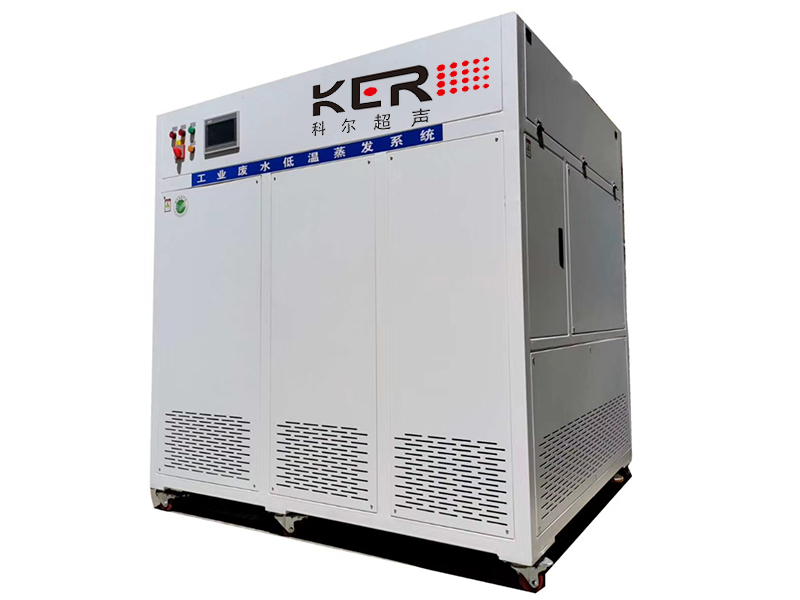
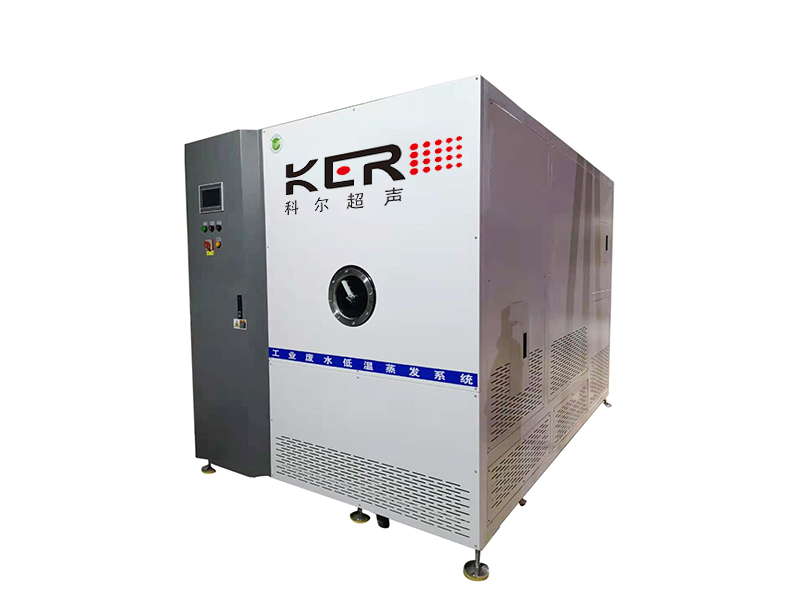

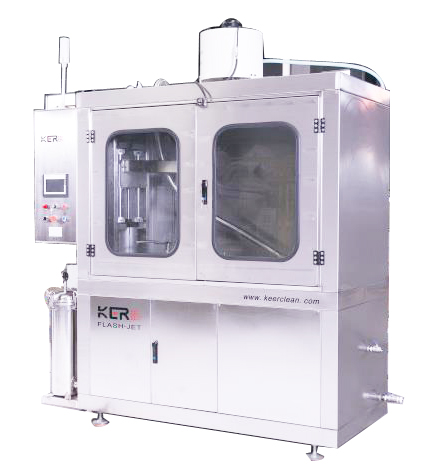
 新闻资讯
新闻资讯
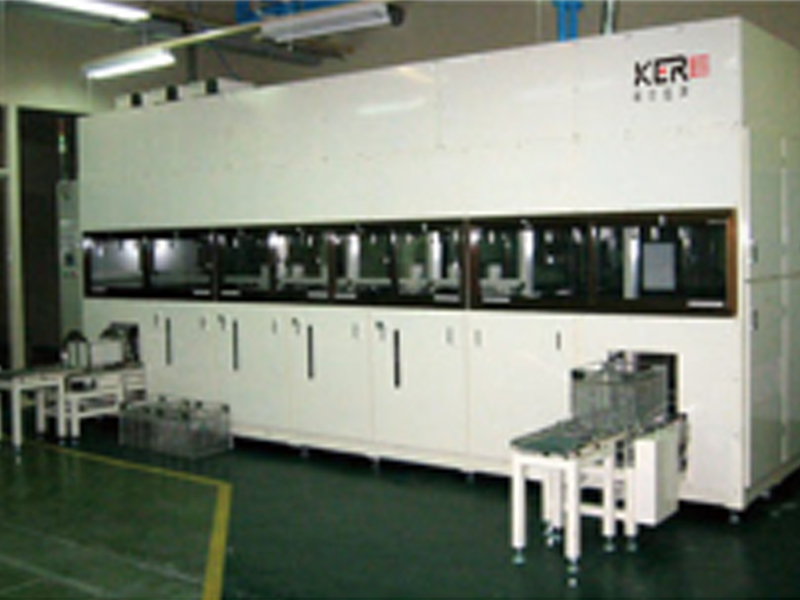
 联系好色先生TV免费下载
联系好色先生TV免费下载
 咨询电话:18663767799
咨询电话:18663767799 E-MAIL:jnkergs@163.com
E-MAIL:jnkergs@163.com 地址:山东省济南市济阳区创业路与启航街交叉口南40米
地址:山东省济南市济阳区创业路与启航街交叉口南40米 鲁公网安备 37011202001385号
鲁公网安备 37011202001385号
